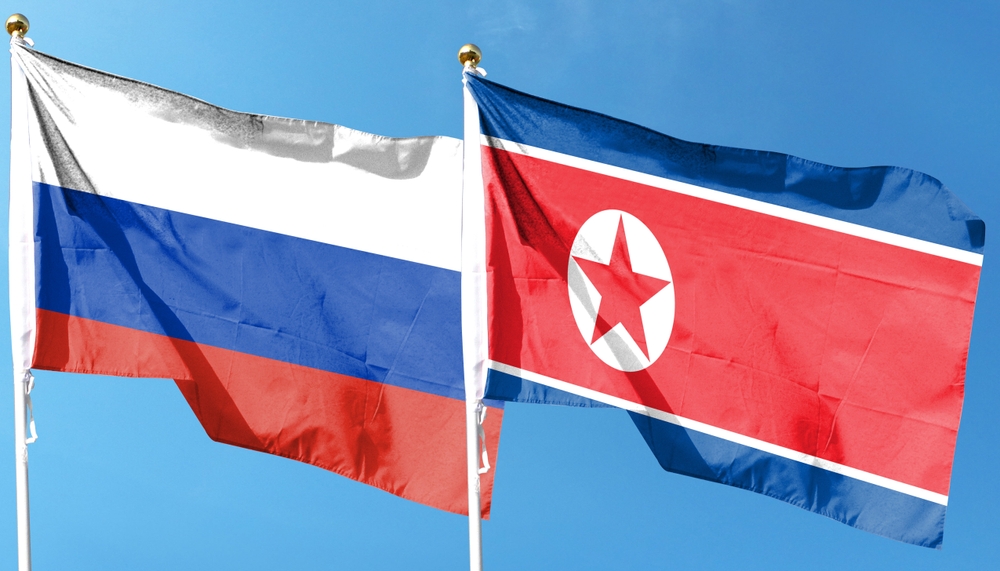EU readies sanctions on vessels ferrying arms from North Korea to Russia, escalating global tensions.
Others are reading now
The European Union is reportedly preparing to implement sanctions against specific vessels involved in facilitating the flow of military equipment from North Korea to Russia.
Sources in Brussels have indicated that these measures will be part of the forthcoming 14th package of sanctions against Russia, which is being finalized by the European Commission. This is reported by Reuters.
Unraveling the Arms Transfer Web
According to insiders, the EU’s new set of sanctions is slated for discussion at the end of April as member states deliberate on how to further pressure Russia amidst the ongoing conflict in Ukraine.
Also read
Previous accusations from Western nations have pointed towards North Korea supplying Russia with weaponry, including ballistic missiles and ammunition.
In February, the United States claimed that North Korea had shipped over 10,000 containers of munitions and related materials to Russia since September 2023.
Both Moscow and Pyongyang have consistently denied these allegations. North Korea’s Ministry of Defense stated,
“We have never had ‘weapon deals’ with Russia and there are no plans to do so in the future.”
Widening the Net of Sanctions
The proposed sanctions extend beyond military cargo ships. They could also target the so-called “shadow fleet” tankers that transport Russian oil in violation of imposed price caps.
Additionally, about 40 Russian companies purchasing equipment for military use and third-country firms selling Russia military-grade electronics, semiconductors, and chips are on the list.
Sources suggest that companies from Turkey, the UAE, China, and Hong Kong that have previously faced US restrictions could be included under these new EU sanctions.
These firms are believed to have supplied Russia with technologies linked to missile navigation systems, European-made antennas, and components used in military computing hardware.
Valdis Dombrovskis, Executive Vice-President of the European Commission, announced earlier this month that the 14th sanctions package against Russia “is expected to be adopted this spring.”
The previous, 13th package was introduced on February 23, targeting 106 individuals, 88 entities, and 27 foreign organizations directly supporting Russia’s military-industrial complex.


